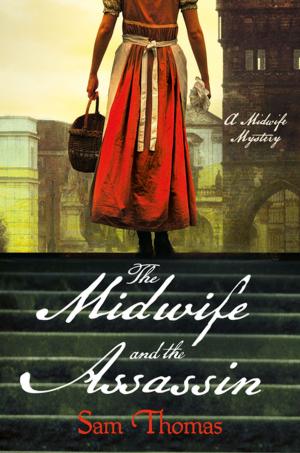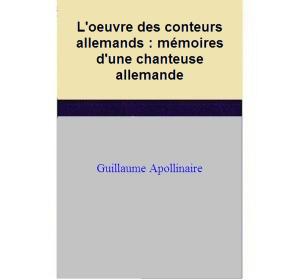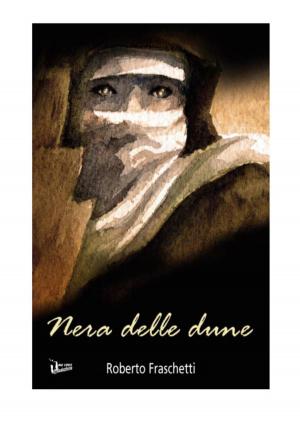| Author: | A. H. Leahy | ISBN: | 1230000985024 |
| Publisher: | @AnnieRoseBooks | Publication: | March 9, 2016 |
| Imprint: | Language: | English |
| Author: | A. H. Leahy |
| ISBN: | 1230000985024 |
| Publisher: | @AnnieRoseBooks |
| Publication: | March 9, 2016 |
| Imprint: | |
| Language: | English |
AT a time like the present, when in the opinion of many the great literatures of Greece and Rome are ceasing to hold the influence that they have so long exerted upon human thought, and when the study of the greatest works of the ancient world is derided as "useless," it may be too sanguine to hope that any attention can be paid to a literature that is quite as useless as the Greek; which deals with a time, which, if not actually as far removed from ours as are classical times, is yet further removed in ideas; a literature which is known to few and has yet to win its way to favour, while the far superior literature of Greece finds it hard to defend the position that it long ago won. It may be that reasons like these have weighed with those scholars who have opened up for us the long-hidden treasures of Celtic literature; despairing of the effort to obtain for that literature its rightful crown, and the homage due to it from those who can appreciate literary work for itself, they have been contented to ask for the support of that smaller body who from philological, antiquarian, or, strange as it may appear, from political reasons, are prepared to take a modified interest in what should be universally regarded as in its way one of the most interesting literatures of the world.
AT a time like the present, when in the opinion of many the great literatures of Greece and Rome are ceasing to hold the influence that they have so long exerted upon human thought, and when the study of the greatest works of the ancient world is derided as "useless," it may be too sanguine to hope that any attention can be paid to a literature that is quite as useless as the Greek; which deals with a time, which, if not actually as far removed from ours as are classical times, is yet further removed in ideas; a literature which is known to few and has yet to win its way to favour, while the far superior literature of Greece finds it hard to defend the position that it long ago won. It may be that reasons like these have weighed with those scholars who have opened up for us the long-hidden treasures of Celtic literature; despairing of the effort to obtain for that literature its rightful crown, and the homage due to it from those who can appreciate literary work for itself, they have been contented to ask for the support of that smaller body who from philological, antiquarian, or, strange as it may appear, from political reasons, are prepared to take a modified interest in what should be universally regarded as in its way one of the most interesting literatures of the world.















